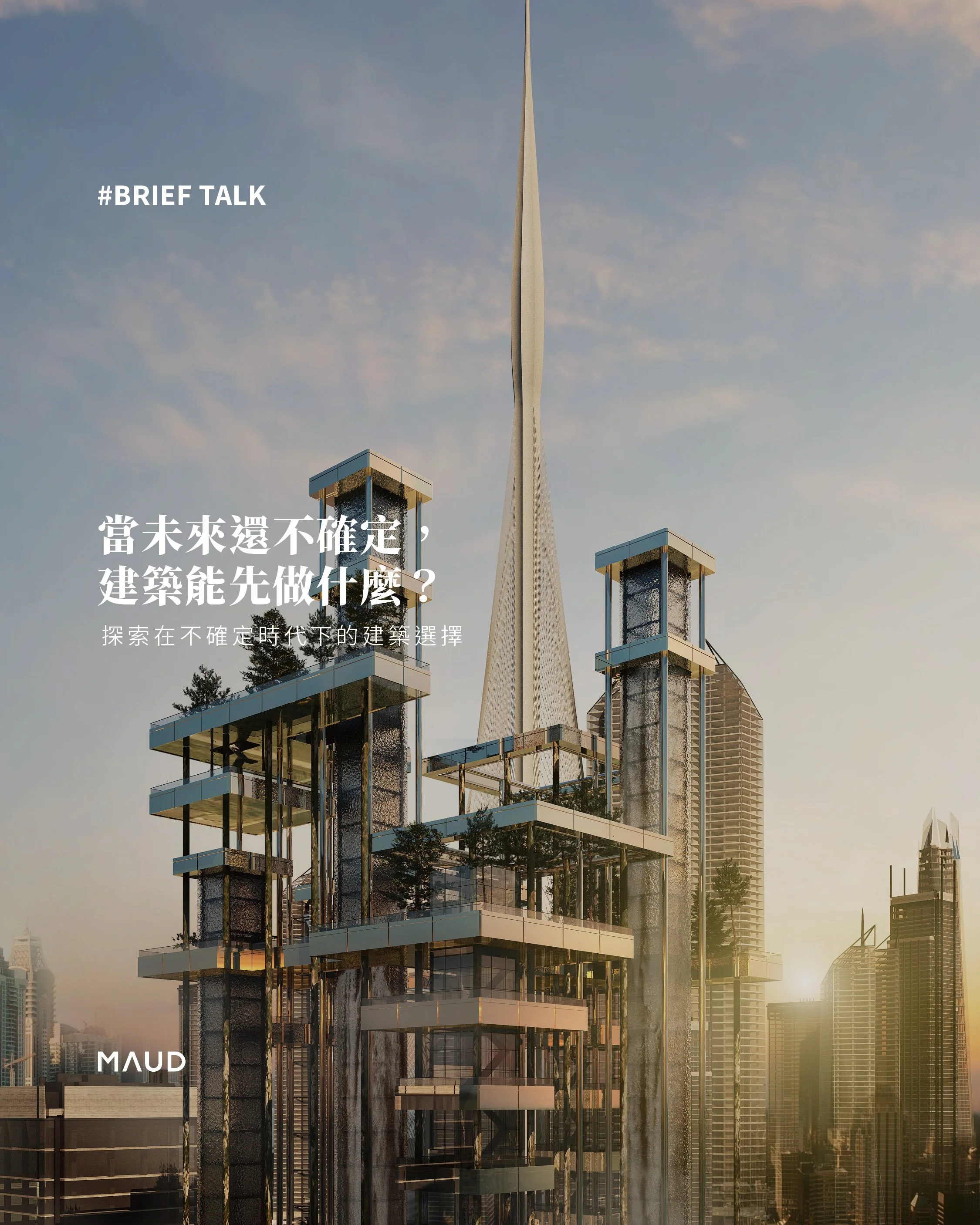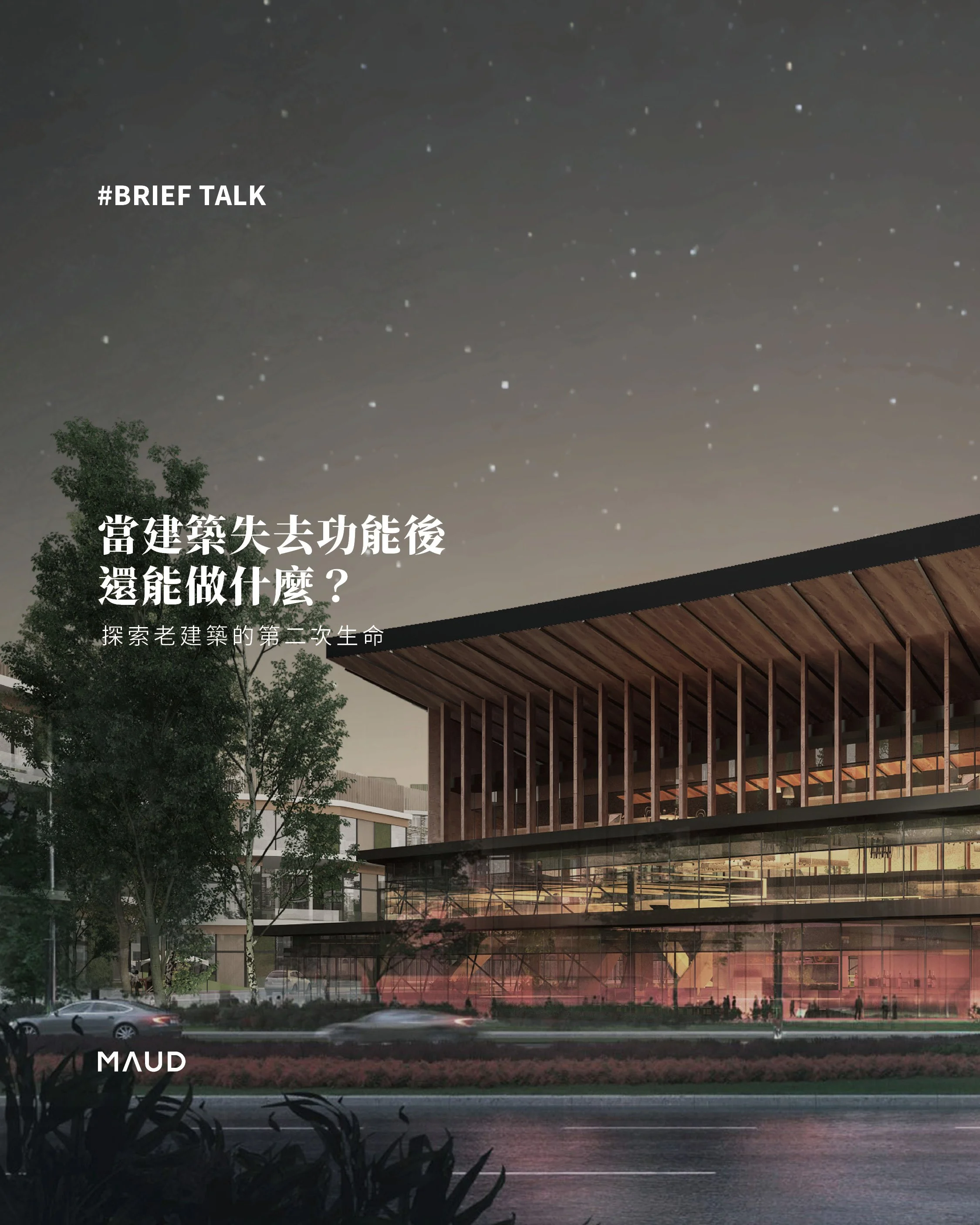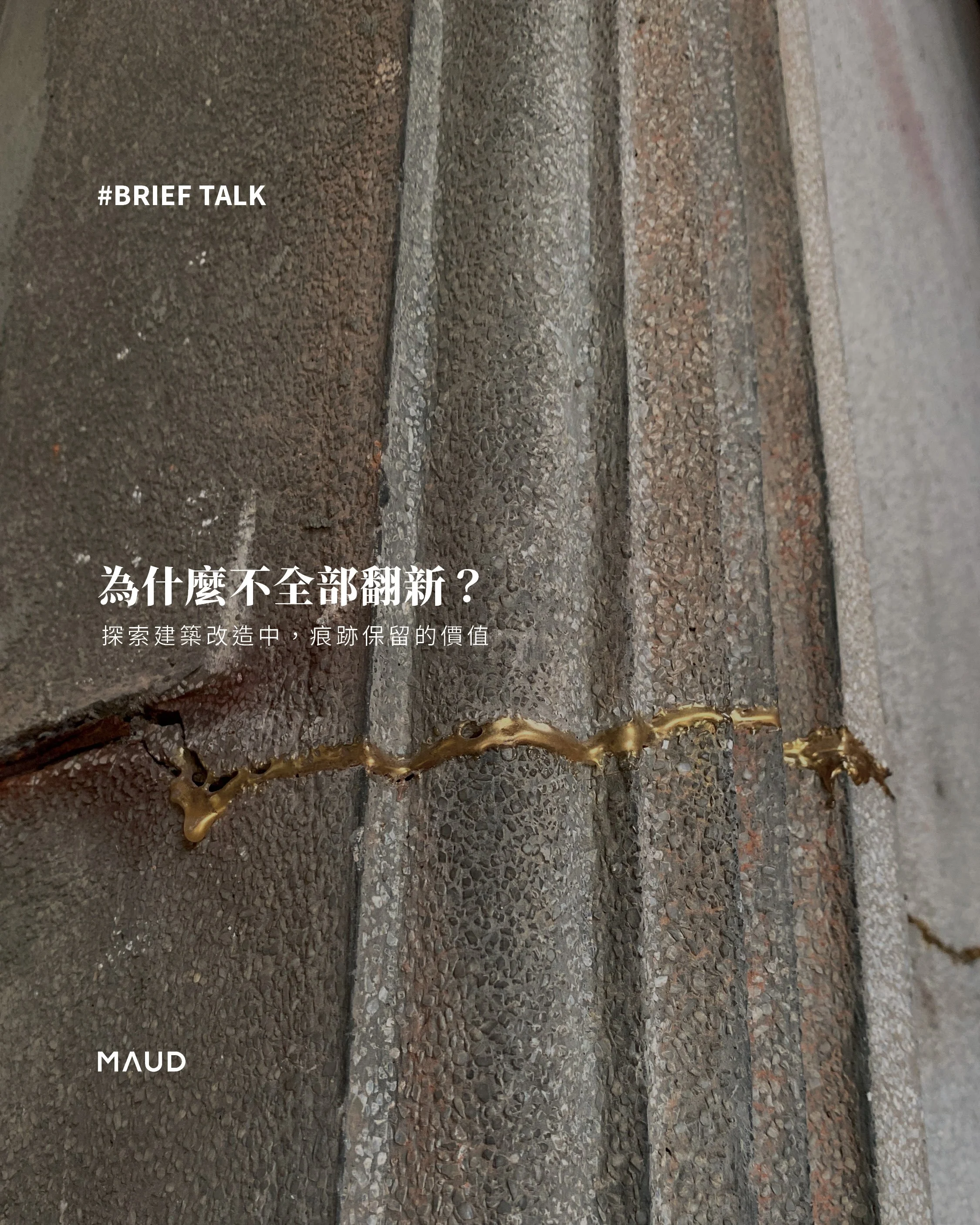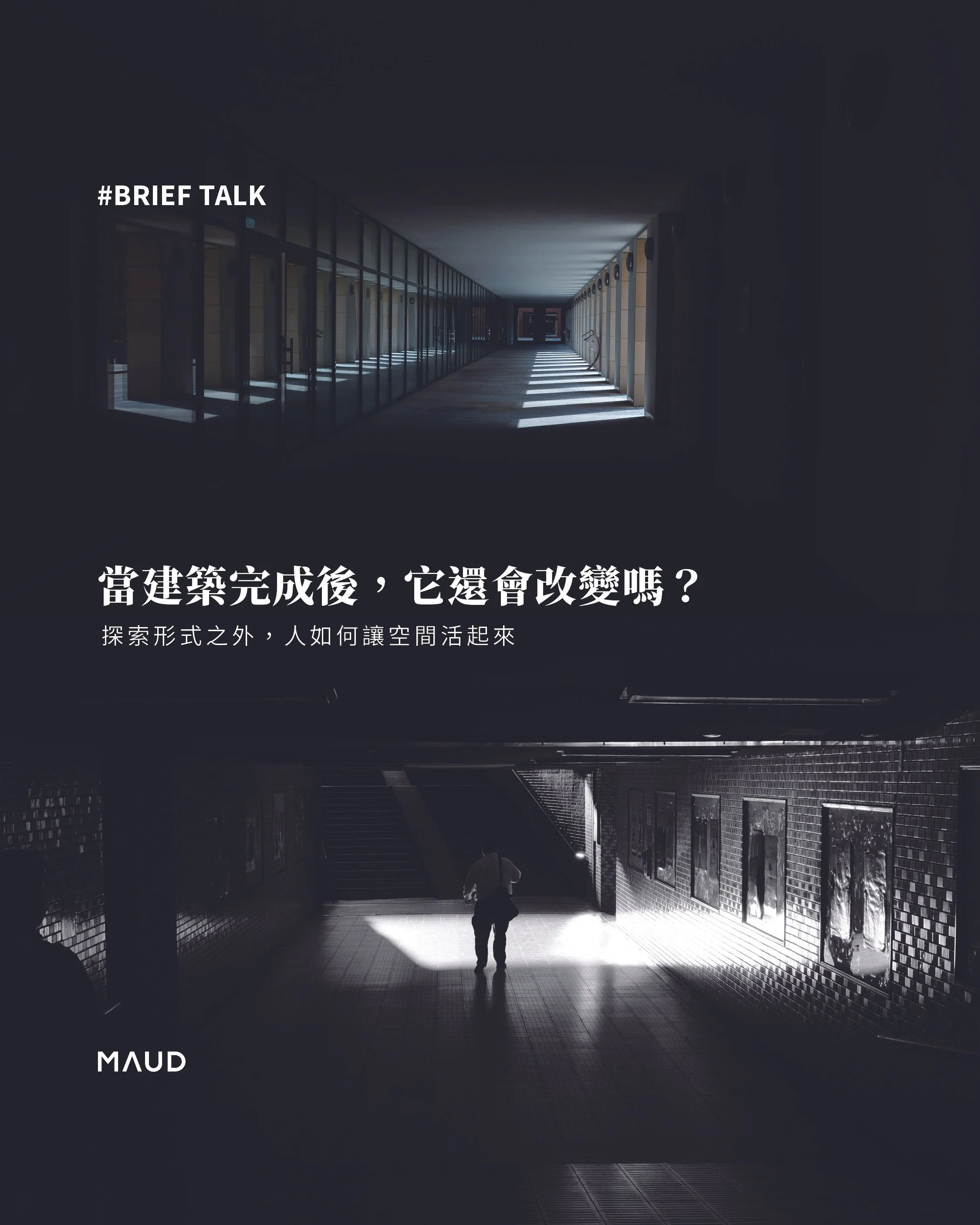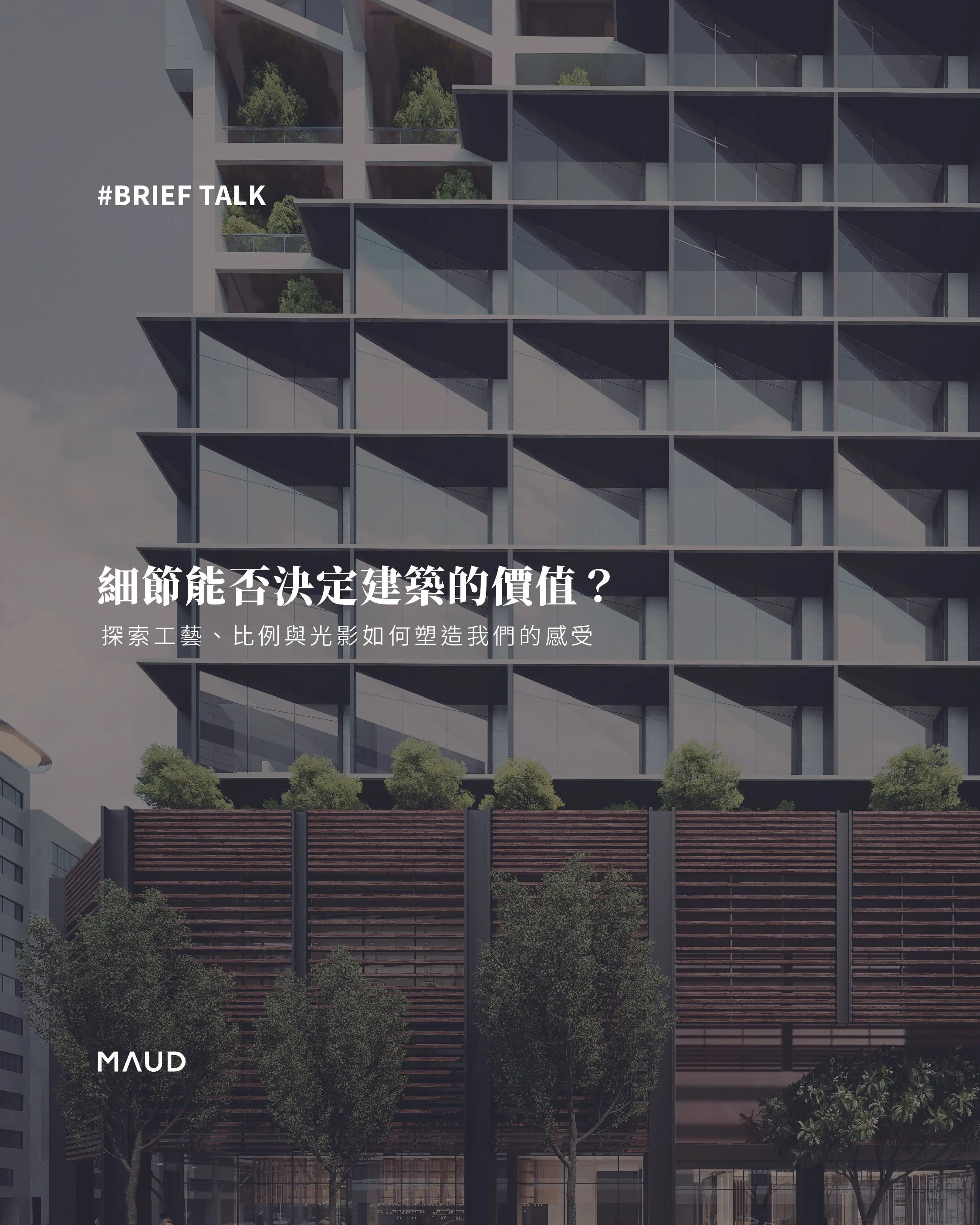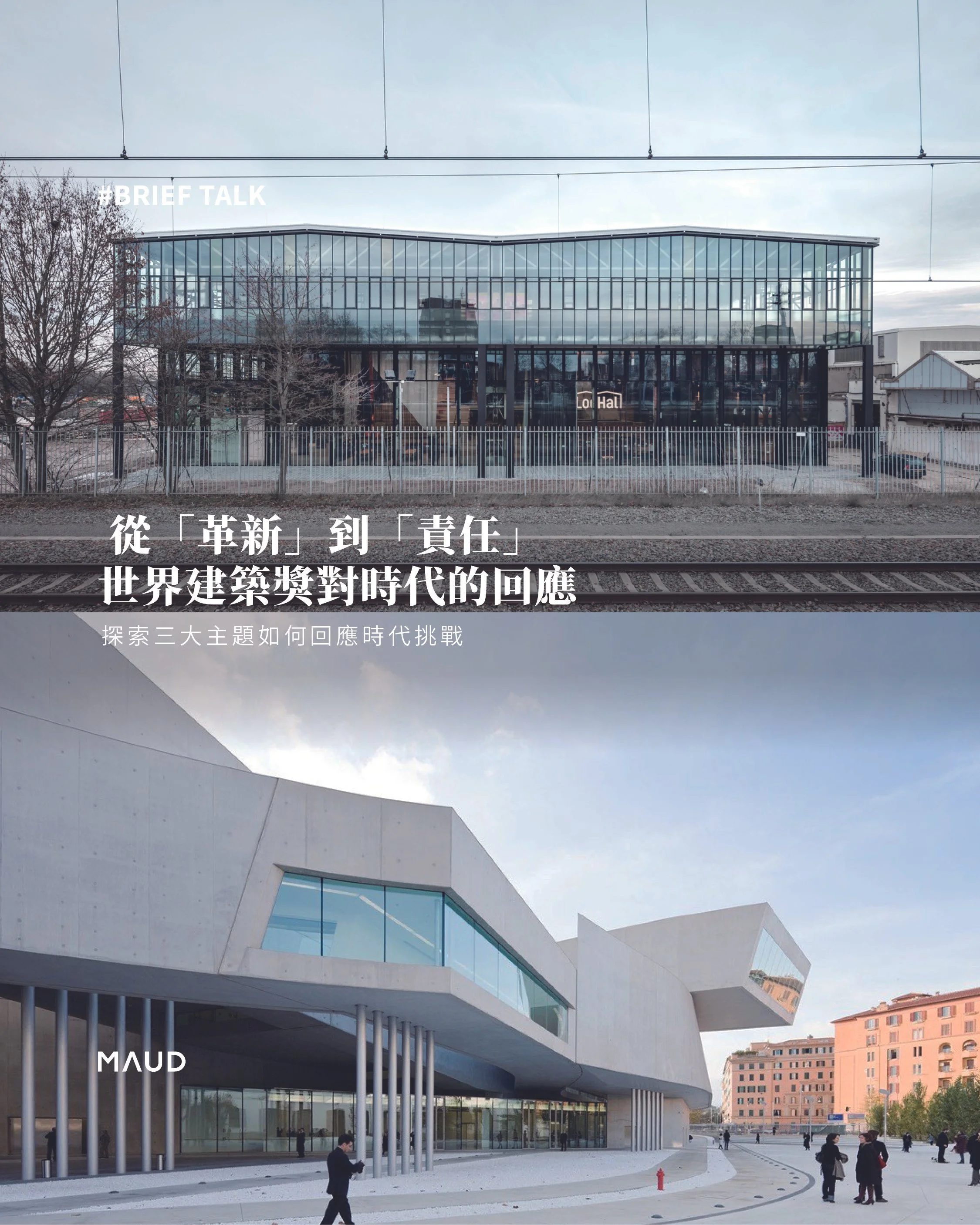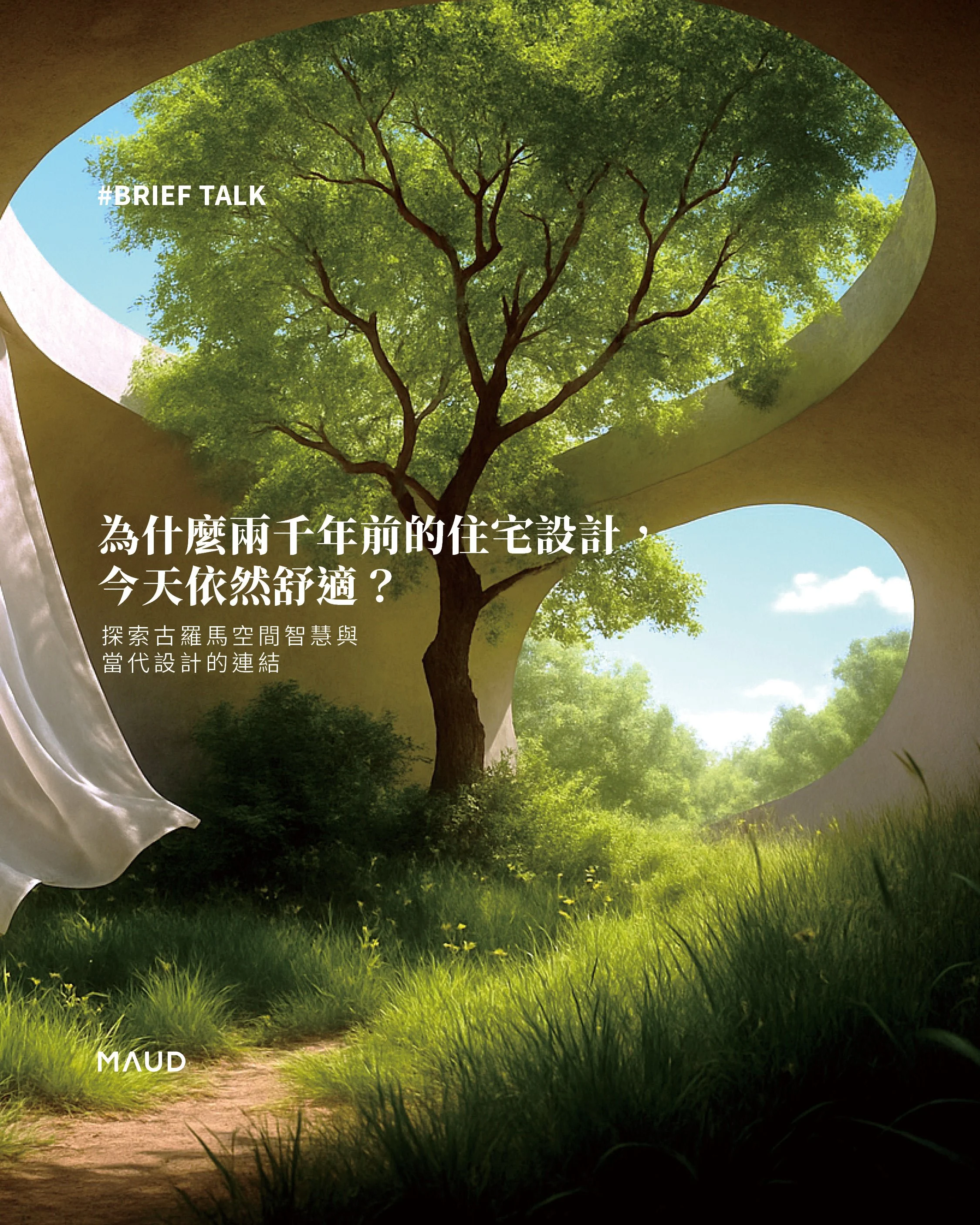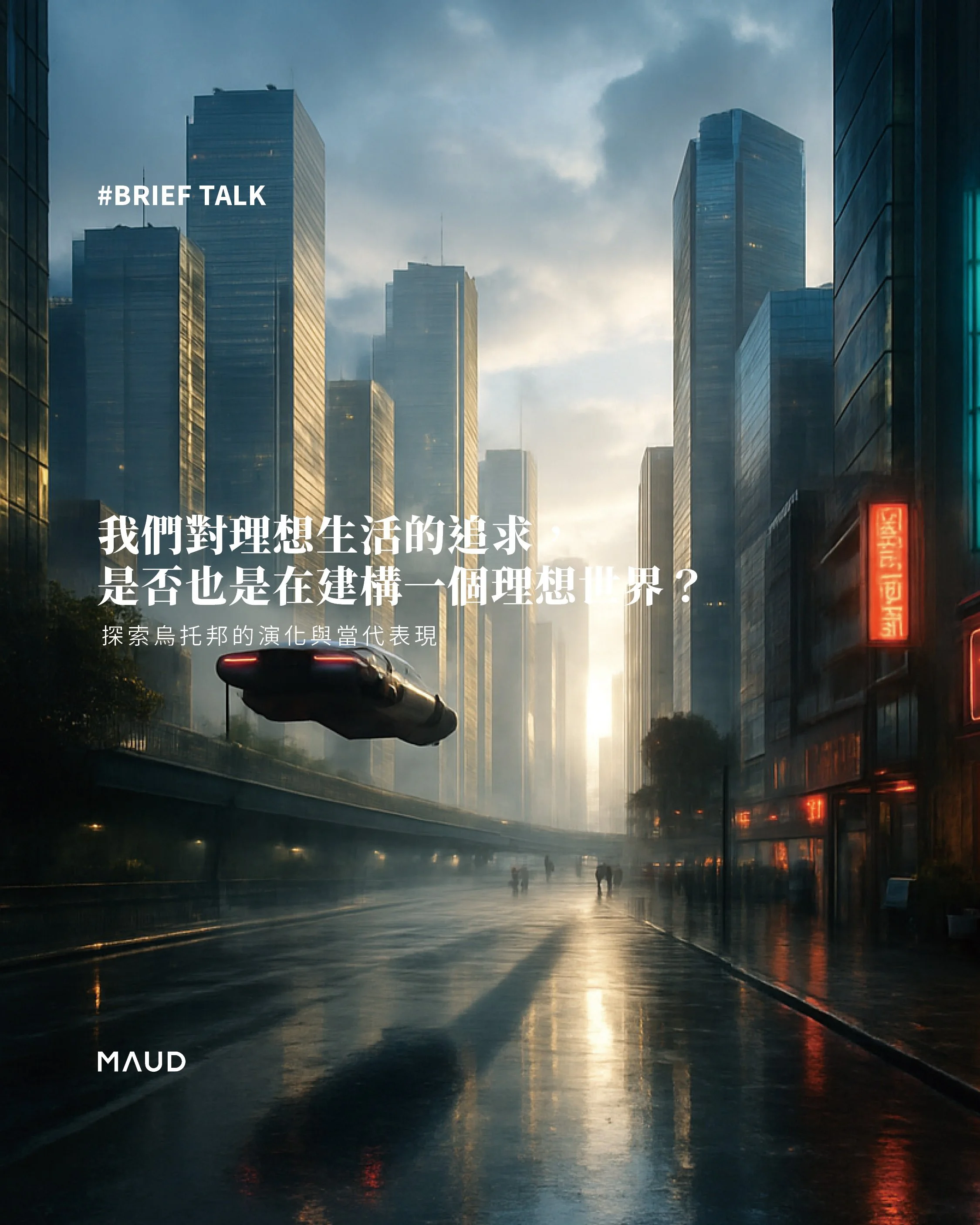Exploring strategic choices for architecture in uncertain times
Read MoreExploring the Second Life of Old Structures
Read MoreExploring the value of preserving traces in building renovation
Read MoreExploring how people bring space to life beyond form
Read MoreExploring how craft, proportion and light shape our perception
Read MoreExploring how three major themes reflect the challenges of our era
Read MoreExploring the Connection Between Ancient Roman Spatial Wisdom and Contemporary Design
Read MoreExploring The Timeless Aesthetics Shaped by Time
Read MoreExploring the Evolution and Contemporary Expression of Utopia
Read More
